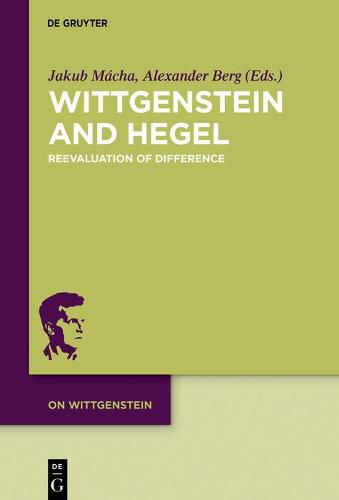Readings Newsletter
Become a Readings Member to make your shopping experience even easier.
Sign in or sign up for free!
You’re not far away from qualifying for FREE standard shipping within Australia
You’ve qualified for FREE standard shipping within Australia
The cart is loading…






This book brings together for the first time two philosophers from different traditions and different centuries. While Wittgenstein was a focal point of 20th century analytic philosophy, it was Hegel’s philosophy that brought the essential discourses of the 19th century together and developed into the continental tradition in 20th century. This now-outdated conflict took for granted Hegel’s and Wittgenstein’s opposing positions and is being replaced by a continuous progression and differentiation of several authors, schools, and philosophical traditions. The development is already evident in the tendency to identify a progression from a ‘Kantian’ to a ‘Hegelian phase’ of analytical philosophy as well as in the extension of right and left Hegelian approaches by modern and postmodern concepts. Assessing the difference between Wittgenstein and Hegel can outline intersections of contemporary thinking.
$9.00 standard shipping within Australia
FREE standard shipping within Australia for orders over $100.00
Express & International shipping calculated at checkout
Stock availability can be subject to change without notice. We recommend calling the shop or contacting our online team to check availability of low stock items. Please see our Shopping Online page for more details.
This book brings together for the first time two philosophers from different traditions and different centuries. While Wittgenstein was a focal point of 20th century analytic philosophy, it was Hegel’s philosophy that brought the essential discourses of the 19th century together and developed into the continental tradition in 20th century. This now-outdated conflict took for granted Hegel’s and Wittgenstein’s opposing positions and is being replaced by a continuous progression and differentiation of several authors, schools, and philosophical traditions. The development is already evident in the tendency to identify a progression from a ‘Kantian’ to a ‘Hegelian phase’ of analytical philosophy as well as in the extension of right and left Hegelian approaches by modern and postmodern concepts. Assessing the difference between Wittgenstein and Hegel can outline intersections of contemporary thinking.